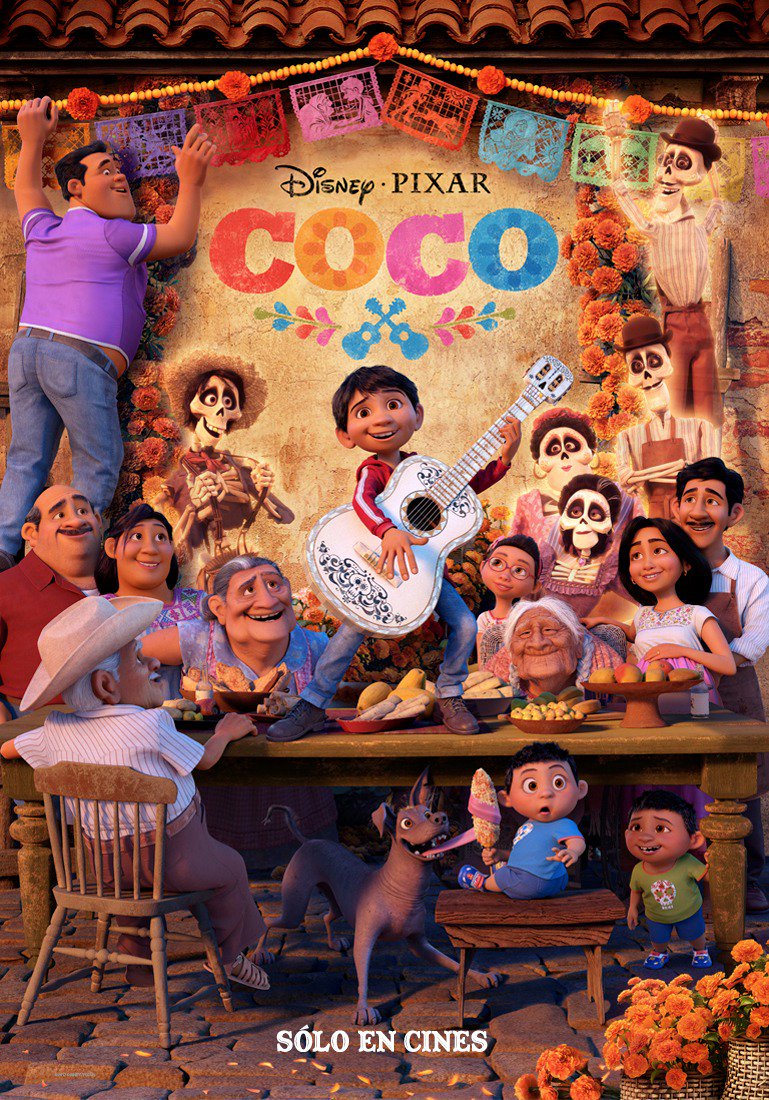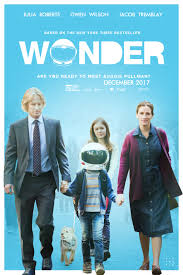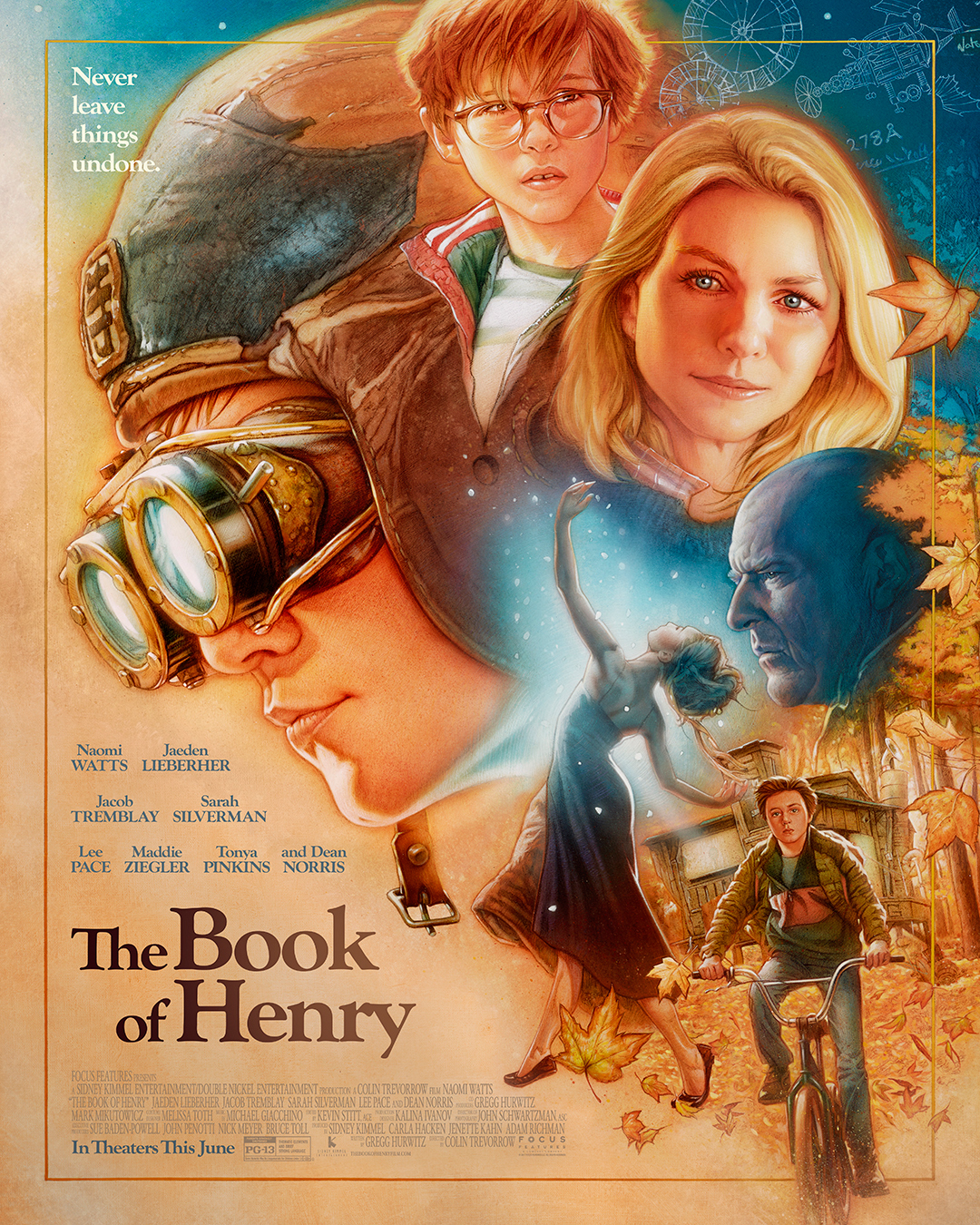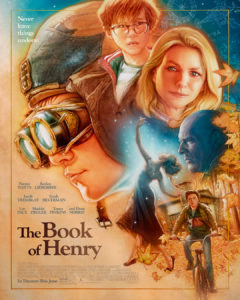Coco
Posted on November 21, 2017 at 8:42 pm
A-| Lowest Recommended Age: | Kindergarten - 3rd Grade |
| MPAA Rating: | Rated PG for thematic elements |
| Profanity: | Mild language |
| Alcohol/ Drugs: | None |
| Violence/ Scariness: | Themes of death and loss, some peril |
| Diversity Issues: | None |
| Date Released to Theaters: | November 22, 2017 |
| Date Released to DVD: | February 27, 2018 |

Those of us who remember the 1995 release of Pixar’s first feature film, “Toy Story,” feel that we’ve all grown up together. It isn’t just the astonishing progress in the technology (the reason the first film’s characters were toys was that all they could animate were shiny smooth surfaces). It is the progression of the themes of the films, the first one literally about a child’s playthings, through stories that deal with increasingly adult concerns about aging, loss, and meaning. “Coco” is the story of a Mexican 12-year-old named Miguel, but the title reminds us that the central character is his great-grandmother Coco, struggling with dementia but beloved by her family. It has the dazzling visuals, expert tone and pacing, and the smiling-through-tears moments we have come to rely on from Pixar.
Miguel (Anthony Gonzalez) is the youngest in a big, close family that lives together and works together in the family shoemaking business. He tells us the story of the family through beautifully animated papel picado, the lacy paper cutouts that are a Mexican tradition. His great-great grandfather abandoned his wife and daughter, the then toddler Coco, to pursue a musical career and since then the family has banned any member from playing or even listening to music. But Miguel loves music and has a secret room where he watches old clips of the community’s biggest music and movie star, Ernesto de la Cruz (Benjamin Bratt) and plays his homemade guitar, painted to look like de la Cruz’s.
Miguel hopes to play in a talent show but his grandmother, Coco’s daughter, finds out and smashes his guitar. When Miguel tries to borrow de la Cruz’s guitar from his crypt, he is somehow transported to the Land of the Dead, just as the residents are making their annual pilgrimage over the marigold-strewn bridge to visit the families who have invited them with photographs and memories. There he recognizes his ancestors from the family ofrenda (shrine with photos, candles, food, and mementos). Like Dorothy in Oz and Alice in Wonderland, he has many adventures on a journey in an enchantingly imaginative world but wants to go home. If he does not return by sunrise, he will have to stay there forever.
The Land of the Dead is gorgeously imagined, filled with thousands of lights and the kind of fascinating details that are made for the pause button. The — I’m going to call them people, but they look like skeletons with eyeballs — live in a stratified world, where those who have extended families and are best and most lovingly remembered have beautiful clothes and homes while those who are alone and nearly forgotten live in a (still-picturesque) slum and call each other “cousin” and “uncle” to pretend that they are still connected to someone. Once they are no longer remembered, they just dissolve into dust. Miguel meets Hector (Gael Garcia Bernal), a loose-limbed, poorly dressed skeleton who is close to dissolving as he is being forgotten in the land of the living. Hector agrees to take Miguel to Ernesto de la Cruz, for help in going home, if Miguel will bring back Hector’s photo, so he can be remembered.
It is good to see Mexican culture portrayed in such a straightforward manner, not exotica-sized or othered. There are some exciting adventures and some very funny moments along the way, involving Miguel’s sidekick, a Xolo street dog named Dante, a wild talent show/concert, a still-pushing-the-edge-of-the-artistic-envelope Frida Kahlo, and a psychedelic-colored flying lion-headed creature, one of the alebrije who guide the dead to where they are supposed to be. The skeletons are brilliantly animated, each with a very individual personality and a lot of fun with bones that, without tissue, do not always hold together. Moments of warm humor keep the story from getting maudlin, and moments of true-heartedness make us feel as connected to the Land of the Dead as Miguel is.
Parents should know that much of the film takes place in the Land of the Dead (heaven) filled with skeletons, and it has themes of loss including memory loss, and murder and alcohol.
Family discussion: When is the right time to seize the moment? Ask your family for some stories of your ancestors. What stories do you want people to remember about you?
If you like this, try: “Finding Nemo,” “Inside Out,” and “The Book of Life” — and learn about Frida Kahlo and about the real-life Day of the Dead celebrations






